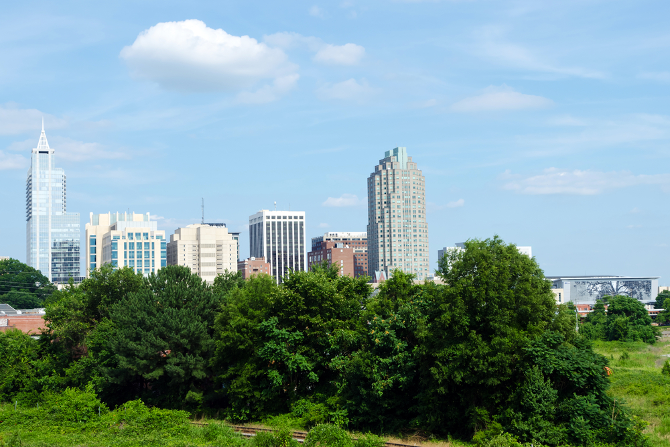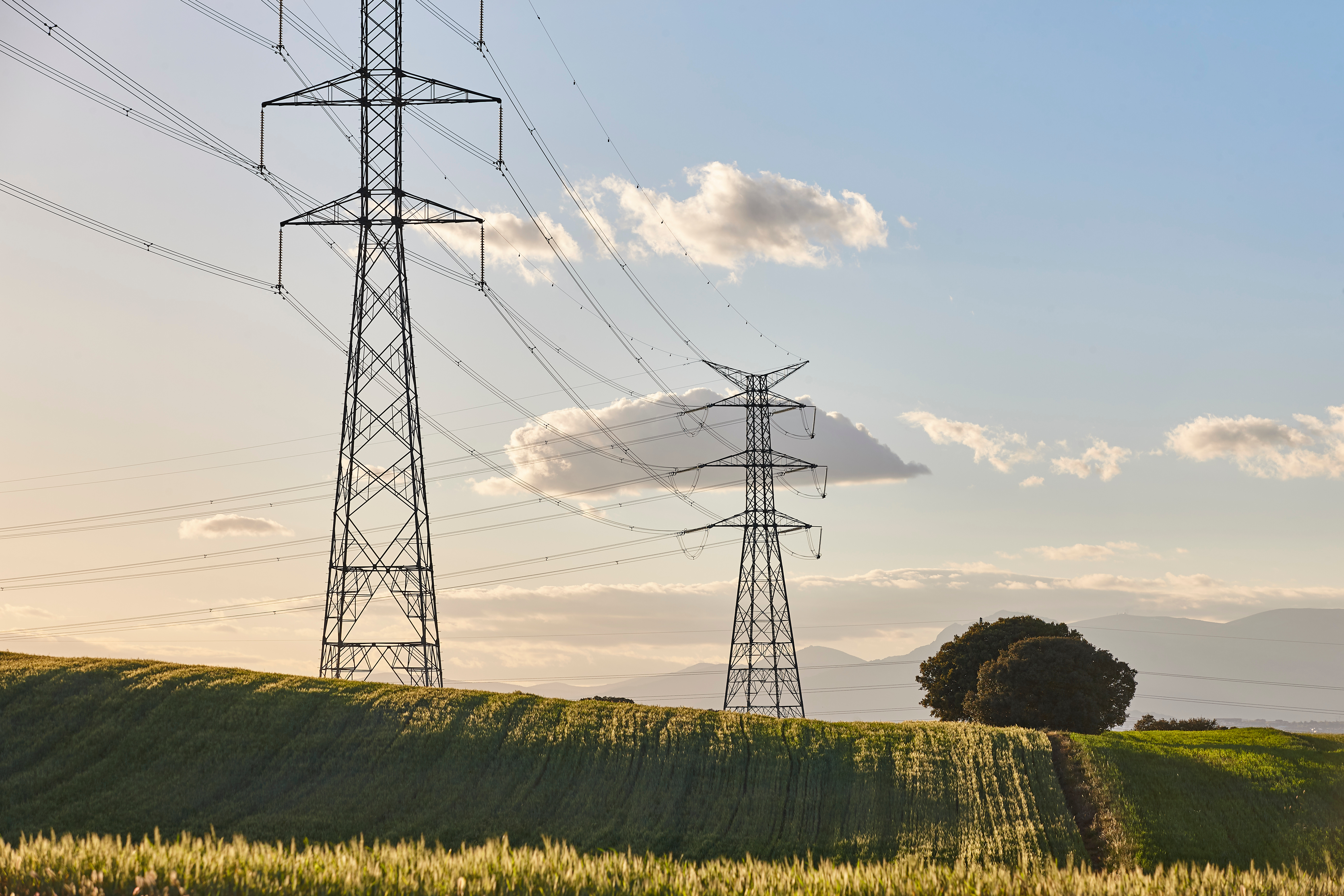Raleigh, North Carolina Ground Zero for Advancements in Energy Efficiency
Let's Save Energy
Alliance to Save Energy's Blog

We’re excited to be in North Carolina today to engage with regional stakeholders at the inaugural Accelerate Energy Productivity 2030: A State and Local Dialogue! If you aren’t yet familiar, the Dialogue is an important element of our recently launched Accelerate Energy Productivity 2030 partnership with the Department of Energy (DOE) and the Council on Competitiveness (Council), seeking to build momentum and support for doubling U.S. energy productivity by 2030. We’re working towards this goal by garnering endorsements from the public and private sectors through a series of dialogues in cities across the country. In honor of the event today, we’re highlighting Raleigh’s energy efficiency achievements to date, which have laid solid groundwork for additional actions we hope to encourage with today’s dialogue.
Street Lighting
The City of Raleigh has developed a partnership with Cree, Inc. to test new LED technologies in municipal settings. In 2006, Raleigh agreed to become the first LED City, a program that Cree has now expanded to municipalities across the world. The program encourages municipal governments to test this emerging technology in real world settings and share their experience with others.
Since 2006, Raleigh has installed over 40 separate LED projects across the city, including outdoor lighting for city parks, interior lighting, solar LED lighting, streetlights and lighting in parking decks. These projects are estimated to be generating approximately $215,000 per year in energy and maintenance savings for the residents of Raleigh.
Transportation
In 2002, Raleigh began the process of converting to alternative fuel vehicles. The city fleet features approximately 461 alternatively fueled vehicles, including those powered by propane, compressed natural gas (CNG), electricity and biofuels. More recently, Raleigh and the larger Research Triangle community in North Carolina was chosen as one of three U.S. cities to serve as a pioneer for the Rocky Mountain Institute’s Project Get Ready. Now in over ten cities across the nation, the Project is a test for the adoption of plug-in electric and hybrid vehicles and new technologies. With the support of Rocky Mountain Institute, Raleigh has added electric vehicles to its fleet, installed electric vehicle charging stations and removed or reduced barriers hindering the adoption of alternative vehicles.
Buildings
The city has implemented policies in support of greater building efficiency, and now requires that all new municipal buildings over 10,000 square feet meet the LEED Silver standards. Raleigh has also prioritized the completion of energy efficiency improvements to existing city-owned buildings. The Raleigh Convention Center, a LEED Silver certified building built in 2008, exemplifies the city’s work to shrink the footprint of the built environment.
The Alliance, DOE and Council will be hosting events in Seattle, Washington and Minneapolis, Minnesota later this year to support the co-creation of a final policy strategies and practices roadmap. We’re eager to see how these dialogue events will inspire further action in these regions and across the entire nation.
RECENT BLOG POSTS
STAY EMPOWERED
Help the Alliance advocate for policies to use energy more efficiently – supporting job creation, reduced emissions, and lower costs. Contact your member of Congress.
Energy efficiency is smart, nonpartisan, and practical. So are we. Our strength comes from an unparalleled group of Alliance Associates working collaboratively under the Alliance umbrella to pave the way for energy efficiency gains.
The power of efficiency is in your hands. Supporting the Alliance means supporting a vision for using energy more productively to achieve economic growth, a cleaner environment, and greater energy security, affordability, and reliability.



